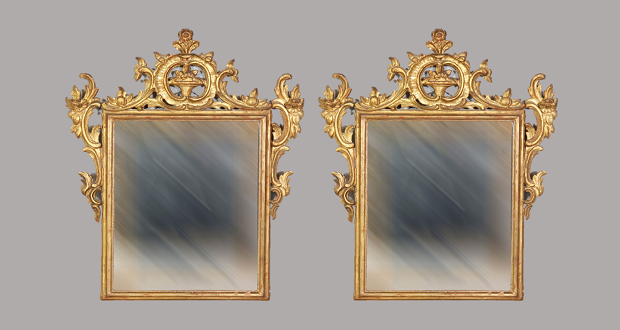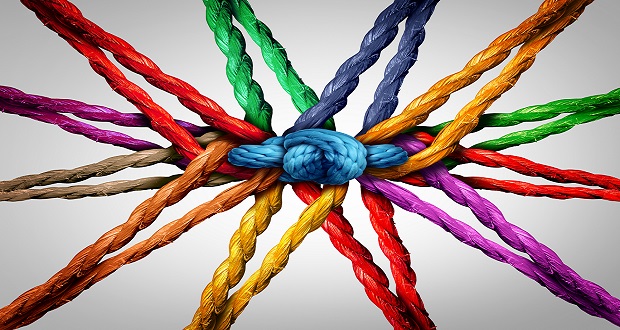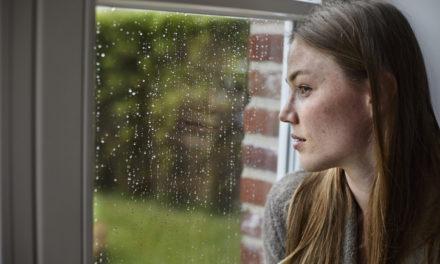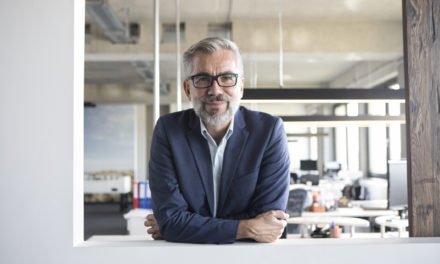
I have written recently about the vital importance of introspection in diversity work: how current competency tools require a large measure of courage and honesty from individuals on the journey to more inclusive living. I stand by those remarks and think continued emphasis on self-inspection is an essential ingredient to cultural competence; but I want to add caveat.
It is also possible to become so focused on one’s self that you neglect the well-being and growth of others around you. The mirror of self-reflection is turned inward to such a degree that the lives of others around you are out of sight. An exclusive focus can actually translate into decreased personal growth, failing interpersonal relationships, and lack of confidence in one’s ability.
The work of psychologist Amy Canevello has been particularly helpful in supporting these conclusions. Amy’s research tests the hypotheses that people who focus more on themselves (through self-image goals) than on other’s well being (“compassionate goals”) experience more wavering relationships and have lower self-esteem. Now these may seem like obvious results, but they are actually quite surprising.
The results of Amy’s research actually highlight the paradoxical ways that self-esteem and healthy relationships operate. People who make their own success and self-esteem their primary goal, actually feel worse about themselves in the end than people who are more focused on the well-being of others before themselves.
To quote a popular biblical theme, “it is more blessed to give than receive.” But in this case, it is more blessed to give attention to others than always receiving it from yourself. I think the implications of this research for organizations is far reaching and for D&I workers specifically. With so much emphasis on one’s personal growth in cultural competence and more inclusive living, it is also important to include the role of others in our journey.
As we courageously look inward for our own weaknesses and areas for growth, we should be mindful of the growth and success of those around us. When those closest to us sense that their needs and desires are valued, they will respond more favorably to our attempts to relate to them. When we aim to become more adaptive to other cultures, we should ask ourselves “how others are adapting” as well.
If the mirror is always pointed at ourselves, we lose sight of the people in our lives and organizations most important to us. We can become so focused on what we look like in the mirror that we lose touch with how others actually see us. The more healthy way to grow is by focusing on the faces of those we work with. And in the end, we will grow into the people that we want to see in the mirror.


















